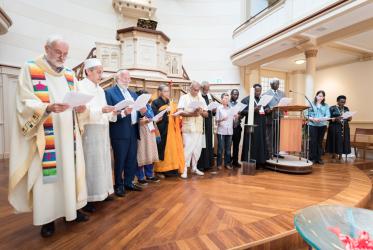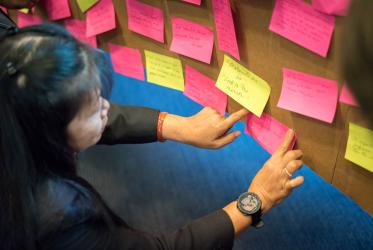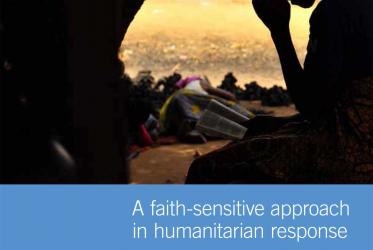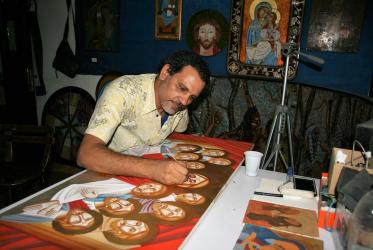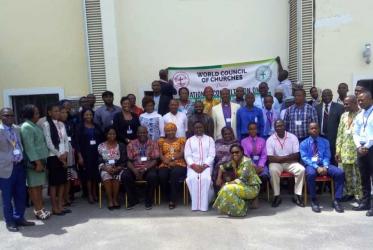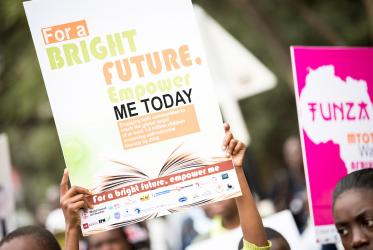Displaying 101 - 120 of 227
11 October 2018
What difference does dressing in black make?
02 August 2018
Working toward an AIDS-free generation
26 July 2018
Building bridges of faith in the HIV response
25 July 2018
Building Bridges in the global HIV response
25 July 2018
#WCC70: A prayer about health and healing
20 July 2018
WCC mourns passing of Calle Almedal
11 June 2018
Congolese churches respond to Ebola outbreak
01 June 2018
WCC calls for Global Day of Prayer to End Famine
31 May 2018
WCC participates in 71st World Health Assembly
29 May 2018





